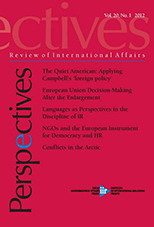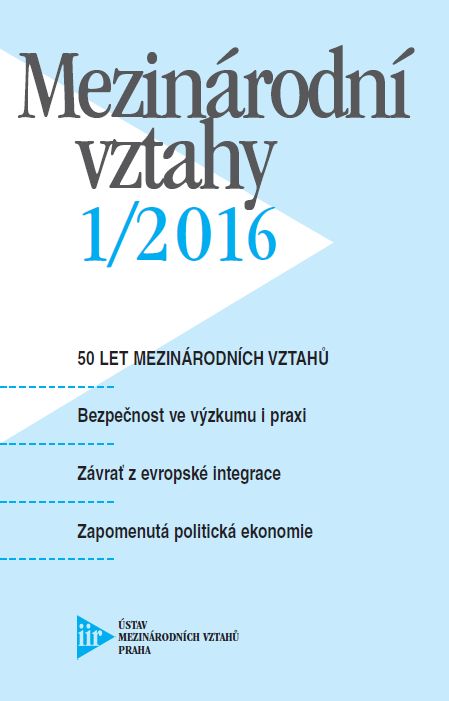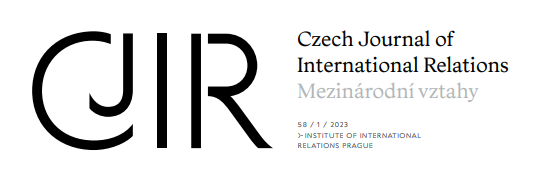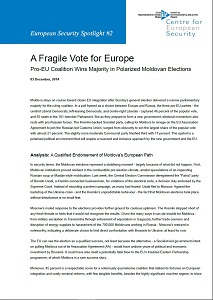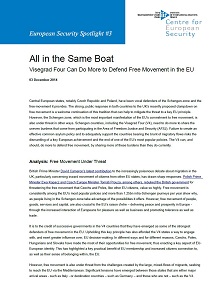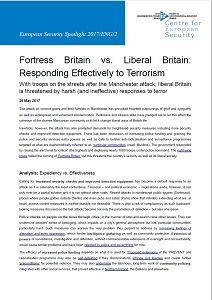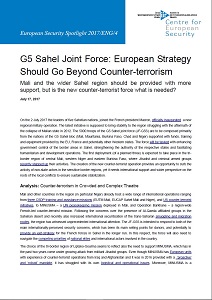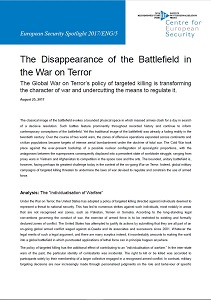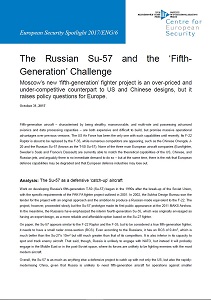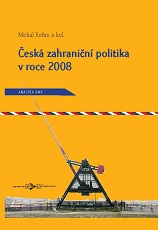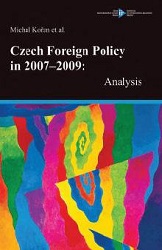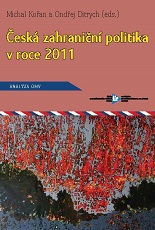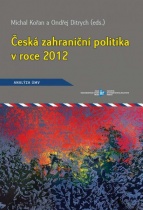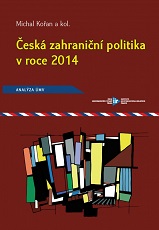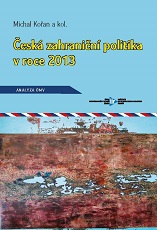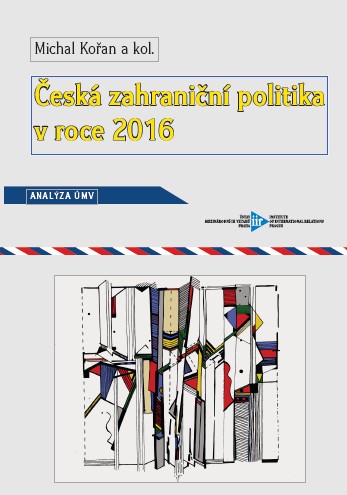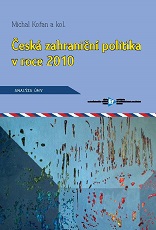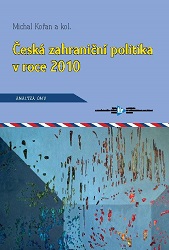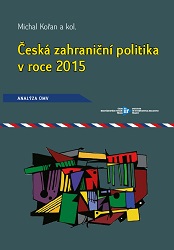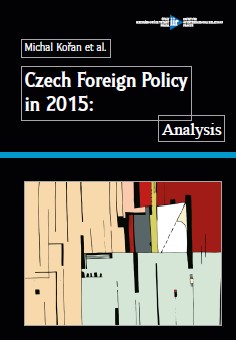Česká zahraniční politika v roce 2008: Analýza ÚMV
Author(s): / Language(s): Czech
Keywords: Czech Foreign Policy; media coverage of the Czech foreign policy; European and security dimensions; U.S. anti-missile defense radar and Czech military missions; international law; Czech economic diplomacy; human rights;
The book Czech Foreign Policy in 2008: Analysis of the IIR in all regards follows the analysis from last year, namely in its content and in the structure of individual contributions. This continuation of the series that began last year thus enables us to trace and compare the development of the Czech foreign policy in its political and ideational background, in its priorities, and in its execution and implementation, as well as to observe the influence and impact of particular relevant actors and the media con-text of the Czech foreign policy. Compared to the last edition, however, minor changes were made. The first parts of the individual chapters are not so much concerned with the conceptual basis of the Czech foreign policy (which did not undergo any progress). Instead, they focus on political discussion and the general political background of foreign policy. Certain changes were also made in the second chapter, which now solely analyses (audiovisual) media and their informing of foreign policy. This way, we were able to enhance our ability to capture the mutual relationship between issues that have the potential to initiate political and media debates on the one hand and actual foreign policy making and execution on the other. Another goal of the second chapter is to identify issues and agendas that stay beyond the media and political horizon. The year 2008 confirmed that only a small fraction of the Czech foreign policy agenda attracts a broader (public, media or political) interest, while the overwhelming majority of foreign policy is made by administrative and executive actors. Just like last year, the book is divided into six broader parts that reflect several distinctive dimensions of the Czech foreign policy, and these parts are in some cases further divided into separate chapters. The opening part, which is divided into two chapters, captures the continuing change of the political context of the Czech foreign policy making in 2008. It analyses the participation of different actors in the foreign policy making (the government, the president, the Ministry of Foreign Affairs, the parliament) and the media coverage of the Czech foreign policy. A special emphasis is put on the worsening of the Czech political milieu and its relation to foreign policy making. The following parts deal with the European and security dimensions of the Czech foreign policy. Both reflect those developments that were determining for the year 2008. These developments were namely the process of preparation for the upcoming Czech presidency of the European Council and issues connected to the reform of the Lisbon Treaty in regard to the European dimension and negotiations over the stationing of the U.S. anti -missile defense radar and Czech military missions abroad in regard to the security dimension. These more general parts are followed by several chapters analysing the Czech foreign policy towards selected countries and regions (central European countries, Germany, the United States, the United Kingdom, France, Russia, eastern European countries, Balkan countries, the Middle East, the Mediterranean and sub -Saharan Africa). We decided not to broaden the spectrum of the countries analysed as our goal is not to provide a complex overview of the Czech external relations. Instead, our goal is a deep analysis of the most relevant realms and issues of the Czech foreign policy. However, it is possible that the Czech policy towards the Latin American region will be newly included in the edition for next year. After the regionally and bilaterally oriented part comes a chapter dealing with the multilateral dimension of the Czech foreign policy. This part mostly focuses on the U.N. agenda and on the international law framework of the Czech foreign policy. As this international law view is relatively strong, the multilateral chapter mentions some issues that naturally fall under other parts of the book as well (e.g. Kosovo’s independence or the Russia -Georgian conflict). The last part of the book is devoted to a series of issue -based analyses. It begins with the Czech economic diplomacy and then goes on to discuss human rights, development aid and the cultural and public diplomacy dimensions in the Czech foreign policy. Finally, the book is concluded with a summary and a critical contemplation of the ideational and political background of the Czech foreign policy, also focusing on the questions of internal political communication and coordination in the foreign policy making and on the Czech foreign policy stereotypes. To secure a strong sense of continuity, the team of authors underwent only very partial changes. We believe that the second volume of Czech foreign policy analysis produced by this team will confirm our ambition to give rise to a tradition of deep and meaningful annually produced studies. Their assets should consist of both an up-to-date evaluation of the Czech foreign policy and building and providing a rich empirical and analytical database for later scholarship.
More...
